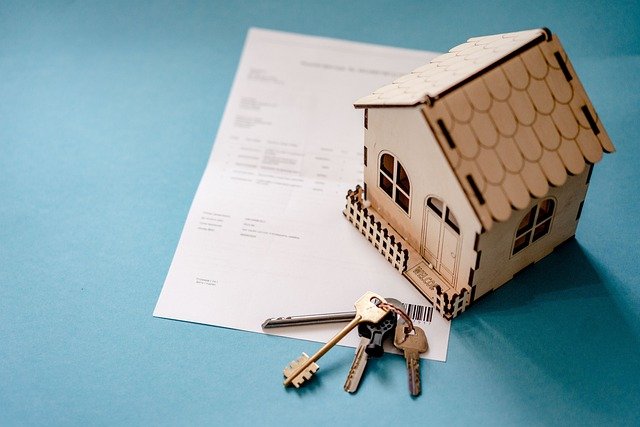The Untapped Potential of Real Estate Crowdfunding: Risks, Rewards, and Repercussions
Real estate crowdfunding, once a niche investment strategy, is now gaining momentum as a mainstream opportunity. Despite its growing popularity, many investors remain unaware of its potential. This article delves into the intricacies of real estate crowdfunding, outlining its upsides, challenges, and potential impacts on the property market.

Unearthing the Roots of Real Estate Crowdfunding
Crowdfunding, in its most basic form, involves raising small amounts of money from a large number of people, typically via the internet. This concept was applied to the real estate market around 2012, following the introduction of the JOBS Act in the United States. The Act eased securities regulations, enabling individuals to participate in crowdfunded investment opportunities. Over the years, real estate crowdfunding has flourished and evolved, offering a new pathway for investors to gain exposure to the property market.
Real Estate Crowdfunding in the Current Market
Currently, real estate crowdfunding is experiencing an upswing. According to a report by PwC, the global real estate crowdfunding market is projected to reach $868.9 billion by 2027, growing at an annual rate of 16%. This growth is fueled by technological advancements, increased investor interest, and the democratization of property investment. Amidst the COVID-19 pandemic, crowdfunding platforms have also gained traction due to their ability to provide remote, digitized, and streamlined investment processes.
The Pros and Cons of Crowdfunding in Real Estate
Like any investment strategy, real estate crowdfunding comes with its own set of benefits and drawbacks. On the positive side, it democratizes real estate investment, allowing individuals with limited capital to invest in properties they may not have been able to afford independently. It also offers portfolio diversification and potentially lucrative returns.
On the downside, real estate crowdfunding can be risky. Investors may face losses if the property underperforms or if the platform managing the investment goes bankrupt. Furthermore, these investments are often illiquid, meaning they cannot be easily sold or exchanged for cash.
Impact on Buyers, Sellers, and Investors
The rise of real estate crowdfunding has implications for all players in the property market. For buyers, it offers a new avenue for property ownership, albeit indirectly. For sellers, particularly property developers and real estate companies, it provides access to a larger pool of potential investors.
For investors, crowdfunding presents a new way to invest in real estate, allowing them to spread their risk across multiple properties and locations. However, as with any investment, thorough research and due diligence are crucial to success.
Wrapping Up: The Future of Real Estate Crowdfunding
Real estate crowdfunding is more than just a passing trend—it’s a powerful tool that’s reshaping the property investment landscape. While it offers significant advantages, it’s also fraught with risk. As it continues to evolve, investors must stay informed and adaptable, ready to seize opportunities while mitigating potential pitfalls. Whether you’re a seasoned investor or a novice, understanding the dynamics of real estate crowdfunding is key to making informed decisions in the ever-changing property market.




